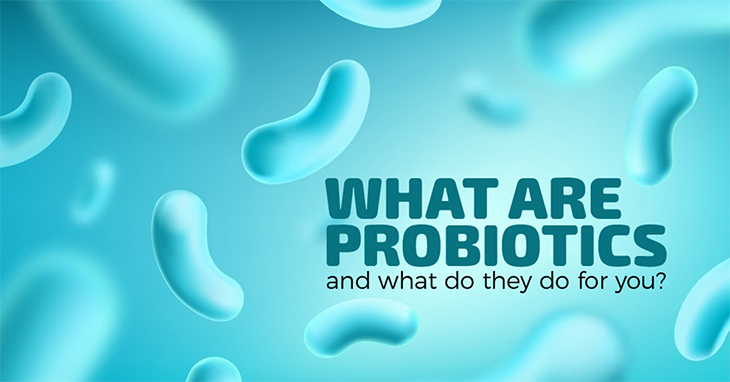The Intriguing Tale of Sodium You Need to Know
Category: Healthy Nutrition

While we often hear about the dangers of salt, how much do we really know about the science behind it and the impact it has on our health?
First, let’s acknowledge the positives.
Sodium, a key component of salt, is vital for our survival. It plays a crucial role in blood and lymph fluid regulation and is essential for muscle contraction, our body’s overall fluid balance, and even nerve function.
Sodium isn’t just a nutrient; it’s an essential one, meaning our body can’t function without it.
This is reflected in expressions like “salt of the Earth” and “worth his salt,” highlighting its value throughout history. Moreover, our ability to taste salt hints at its critical role in our evolutionary past.

Historically, salt was a game-changer in food preservation, a tool that helped stave off starvation. Its role in human warfare, often used to manipulate and control populations, underlines its importance in survival and politics.
Yet, in today’s world, there’s a pressing concern:
9 out of 10 Americans consume too much sodium, often without even realizing it.

On average, Americans consume a whopping 3,400 milligrams of sodium each day, more than double the 1,500 milligrams recommended by the American Heart Association for heart health.
Where does this excess sodium come from? Surprisingly, more than 70% of it is from processed and restaurant foods. Only about 11% is added during cooking or at the table, and a little over 14% occurs naturally in foods.

This overconsumption is alarming, given the health risks associated with excess sodium. High sodium levels may lead to hypertension, a silent contributor to heart disease and stroke.
Not to mention the bloating, puffiness, and weight gain due to increased water retention.
While we often hear about the risks of excessive sodium, the reality is that sodium is still a critical nutrient that our bodies cannot do without.
In acute situations, such as severe diarrhea and vomiting from diseases like cholera, the absence of sodium can be immediately life-threatening. Oral rehydration solutions, a simple mix of water, salt, and sugar, highlight the ongoing importance of sodium in emergency health scenarios.
Now this dilemma raises a critical question: How do we strike the right balance?
Join our nutritional expert, Dr. Bruce Daggy, as he navigates the fine line between sodium’s necessity and excess for optimal health in our upcoming wellness webcast Why Salt Matters.
Learn to spot hidden sodium in everyday foods and discover practical strategies to manage its impact on your health. Don’t miss out on this opportunity to transform your understanding of health, one grain of salt at a time!
Here’s to a healthy ![]() heart!
heart!




Facebook Comments